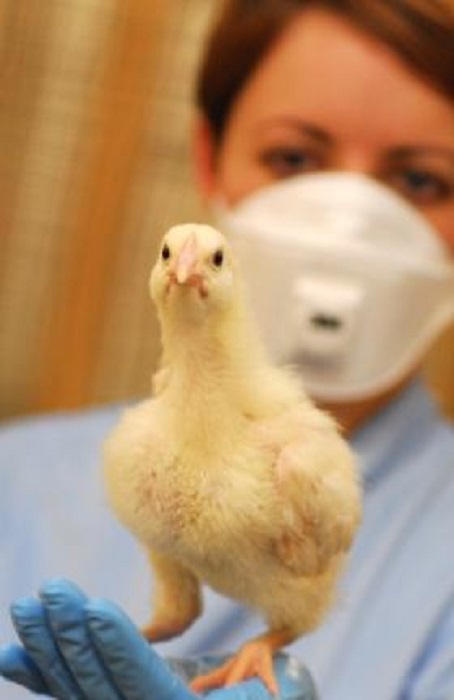The USA has reported an outbreak of highly pathogenic avian influenza (HPAI) H7N3 in a commercial turkey flock in Chesterfield County in the State of South Carolina (see map). This is the first outbreak of HPAI in the USA since 2017, however the affected premises is linked to a premises which reported an outbreak of low pathogenicity avian influenza (LPAI) H7N3 13 March 2020.
High mortality (1,583 of 34,160, 4.86%) was reported in the flock, along with respiratory signs and snicking, and tests confirmed the presence of HPAI. The remaining 32,577 birds have been culled and disease control measures are in place, including movement controls and surveillance within a 10km control zone.
The affected premises has an epidemiological link to another commercial poultry premises in South Carolina which previously reported LPAI H7N3 in mid-March, following outbreaks of the same strain in eleven turkey flocks in North Carolina. According to Defra, it is thought that the HPAI H7N3 virus emerged through mutation of the LPAI H7N3 strain found recently in the area.
The risk from migratory birds to the UK is negligible because birds in the USA generally migrate from south to north and do not cross the Atlantic Ocean in spring, and only rarely in autumn when blown off course by strong westerlies.
As stated by USDA, no human cases of this H7N3 avian influenza virus have been detected and there is no immediate public health concern.
According to TRACES there have been no recent imports to the UK of live birds or poultry products from the affected area in recent months. Imports of poultry and poultry products from the USA to the EU (including the UK under Commission Regulation 798/2008/EC) have been suspended from the counties of Chesterfield, Lancaster and Kershaw in South Carolina. However, under regionalisation agreement, consignments that are certified to originate from other (disease free) regions of the USA are accepted.
The overall risk of infection of poultry in the UK remains low, but the risk of introduction to individual premises depends upon the level of biosecurity implemented on farm to prevent direct or indirect contact with wild birds. It should be noted that the virus could potentially survive on pasture in wild bird faeces for several weeks at ambient temperatures at this time of year, emphasising the importance of these measures.

Next Article The secret to bigger, stronger eggs
Chloe Ryan
Editor of Poultry Business, Chloe has spent the past decade writing about the food industry from farming, through manufacturing, retail and foodservice. When not working, dog walking and reading biographies are her favourite hobbies.

